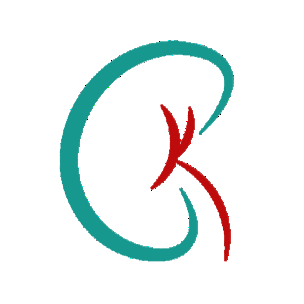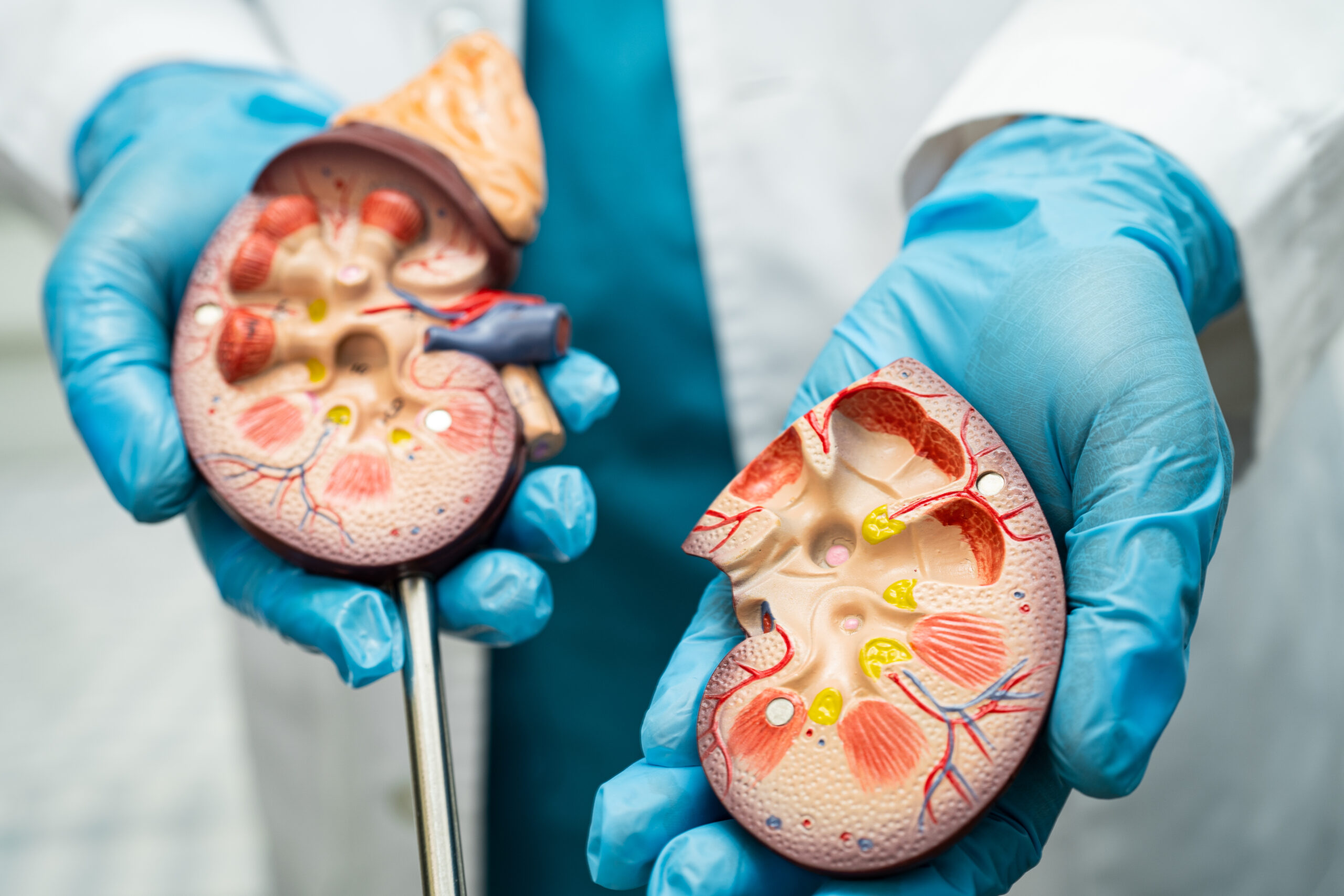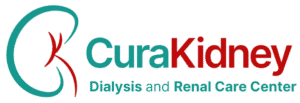The Role of Transplant in ESRD: Is It Right for You?
A kidney transplant can restore kidney function for eligible patients, easing restrictions and boosting energy. It isn’t right for everyone. Discuss risks, benefits, and candidacy with your nephrologist to decide confidently.
The Role of Transplant in ESRD: Is It Right for You?
For many people with end-stage renal disease (ESRD), a kidney transplant offers the closest return to near-normal kidney function. It can lessen diet and fluid restrictions, boost energy, and provide more day-to-day flexibility than dialysis. Still, transplant isn’t right—or possible—for everyone. Understanding the process, benefits, and trade-offs can help you decide confidently.
What a kidney transplant involves
A transplant places a healthy kidney from a living or deceased donor into your body. Surgery is followed by lifelong immunosuppressant medications to prevent rejection. You’ll also need regular follow-ups and blood tests to ensure the kidney is working well and medications are at safe levels.
Potential benefits
- Quality of life: Many recipients report more stamina, better appetite, and improved mood.
- Fewer restrictions: Diet and fluid limits are often less strict than on dialysis.
- Long-term outlook: For eligible patients, transplant can improve survival compared to remaining on dialysis.
Risks and realities
- Waiting time: Evaluation for the transplant list is thorough; wait times vary by region, blood type, and availability of donors.
- Surgical risks: As with any major operation, there’s a risk of bleeding, infection, and complications.
- Lifelong medicines: Immunosuppressants are essential but can increase infection risk and require strict daily adherence.
- Practical considerations: Frequent lab visits, transportation, medication costs, and time off work need advance planning.
Who may be a candidate?
Transplant teams assess overall health, heart and vascular status, infections, cancers, and other conditions. You’ll need to demonstrate the ability to take medications as prescribed, attend appointments consistently, and maintain a reliable support system. Optimizing diabetes, blood pressure, weight, and quitting smoking can improve candidacy.
Questions to help you decide
- Health readiness: Can I safely undergo surgery now, or do I need further optimization first?
- Lifestyle fit: Am I prepared for daily medications and regular monitoring for the long term?
- Support & logistics: Do I have help for post-operative recovery, transportation, and follow-up care?
- Personal goals: Which path—transplant or continuing dialysis—best aligns with my priorities for work, family, and daily life?
Next steps
Talk with your nephrologist about your specific health status, timeline, and expectations. Even if you’re not ready today, focusing on blood pressure, blood sugar, heart health, and overall wellness can keep transplant as an option for the future. Whatever you choose, staying informed and engaged in your care is the strongest step toward living well with ESRD.


